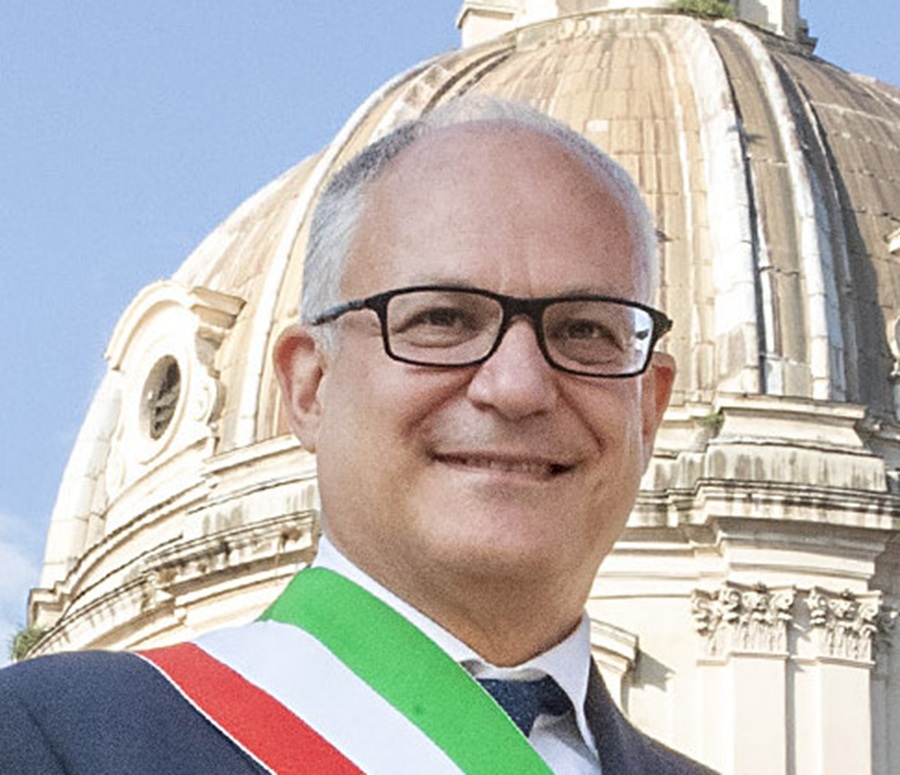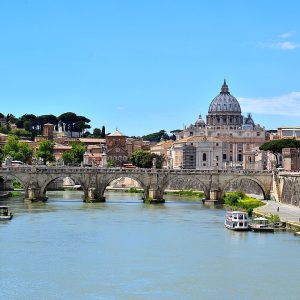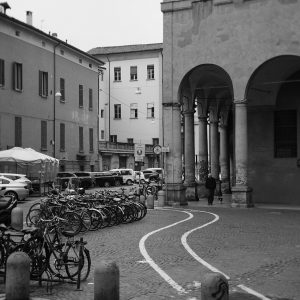Rome mayor Roberto Gualtieri has vowed to continue his fight against organised crime after receiving an online threat against him and his family. The threat came after city authorities demolished two illegally built villas in Rocca Cencia, a district in eastern Rome known for mafia-linked clans of Sinti origin.
The message, posted on social media alongside a photo of a man holding a rifle, read: “This is for the mayor and for his family. As you knocked down our house, I will knock down yours. Time will tell. The State does not scare me.”
Police are investigating whether the message was written by Silvio Hilic, a resident of one of the demolished villas, or by another person using his Facebook profile. Hilic is currently in prison, and investigators are checking if the post was made with a phone obtained illegally.
Bipartisan support for Gaultieri
The post was quickly deleted, but the threat sparked widespread condemnation from across Italy’s political spectrum. Prime Minister Giorgia Meloni called the intimidation “unacceptable” and expressed full support for Gualtieri. Deputy Premier Matteo Salvini and Interior Minister Matteo Piantedosi also offered solidarity, stressing that such attacks would not deter the state from enforcing the law.
The leader of the centre-left Democratic Party, Elly Schlein, said her party “stands by Gualtieri and supports his courageous and determined work.” Nicola Franco, president of Municipio VI, where the demolitions took place, said the episode showed how criminal groups had controlled the area for years. “Enough is enough,” he declared.
Gualtieri thanked colleagues for their support and said the threat would not change his administration’s plans. “The threats do not alter our commitment to fighting the mafia, upholding legality, and restoring to citizens spaces taken away from crime,” he said. The mayor added that his team would continue working with law enforcement “to make Rome a safer and fairer city.”
The demolished properties on Via Arzachena were among several illegal structures built by families linked to organised crime. Their removal forms part of Rome’s broader plan to reclaim public land and curb the influence of criminal clans in the city’s eastern suburbs.





